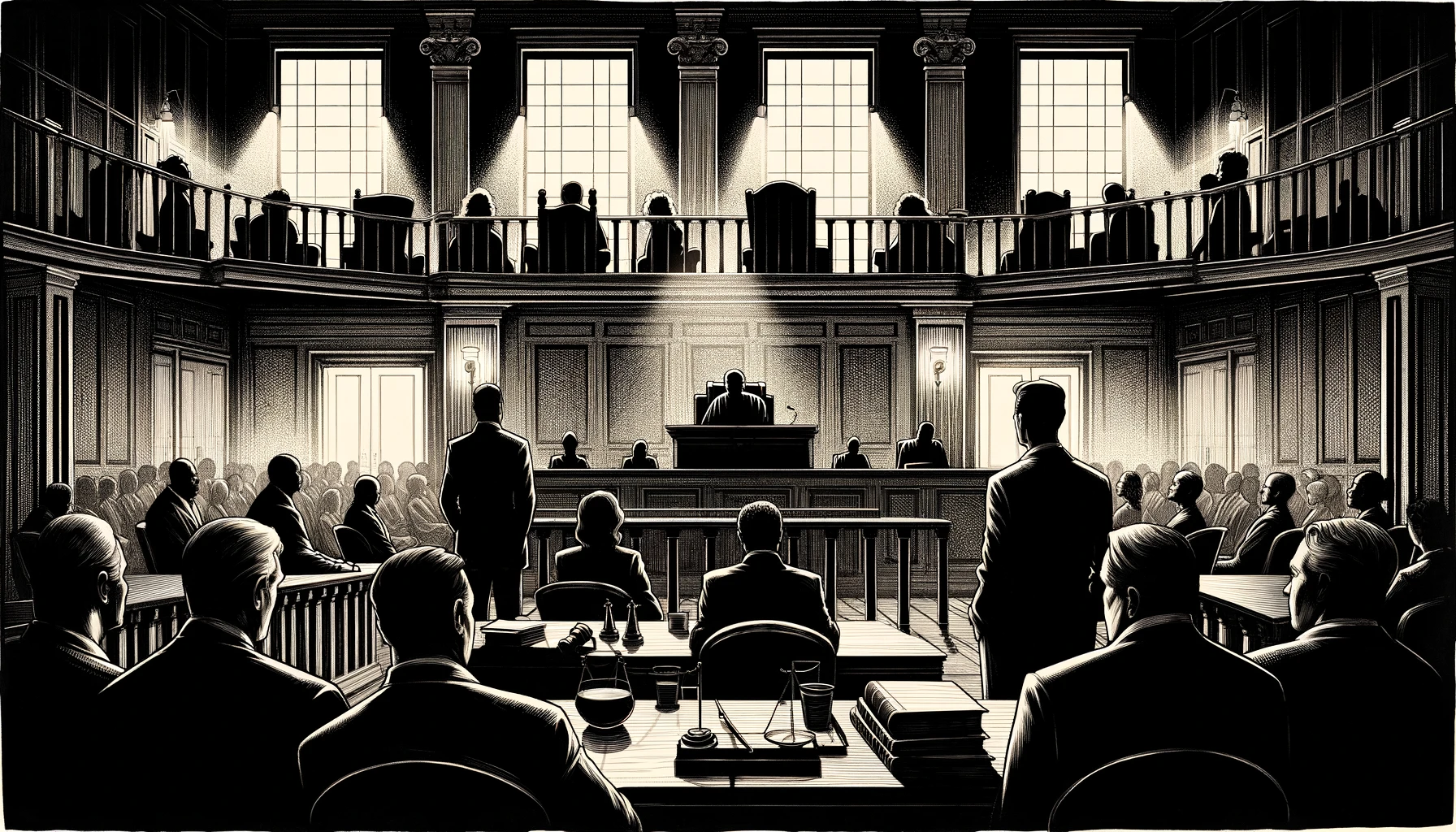
In a dramatic turn of events, the rape conviction of Harvey Weinstein, the former Hollywood producer who became the center of the #MeToo movement, has been overturned. This development comes after years of legal proceedings and a significant impact on both the entertainment industry and the global conversation about sexual misconduct.
Harvey Weinstein’s case was one of the most high-profile in recent history, involving numerous allegations of sexual assault and harassment. His initial conviction was seen as a landmark moment for the #MeToo movement, which seeks to expose and address systemic sexual harassment, especially in positions of power. However, the overturning of his conviction introduces a new chapter in this ongoing saga, raising questions about the legal battles, the evidence presented, and the broader implications for survivors of sexual misconduct.
The legal basis for the overturning of Weinstein’s conviction involves a complex interplay of judicial review, appeals, and the specifics of the legal arguments made by Weinstein’s defense team. Central to their argument was the claim that Weinstein did not receive a fair trial. They pointed to issues such as the admissibility of certain testimonies and evidence which they argued were prejudicial and should not have been allowed in the trial. These legal challenges are not uncommon in high-profile cases, where the stakes are high and the legal proceedings are under intense public scrutiny.
This overturning does not mean Weinstein is declared innocent of the charges; rather, it highlights potential procedural errors and legal missteps that may have occurred during the original trial. It is a reminder of the complexities of the legal system, where procedural fairness is paramount. The decision to overturn the conviction will likely result in a new trial, where these issues will be examined, and the evidence re-evaluated under the scrutiny of another jury.
The reaction to the overturning of Weinstein’s conviction has been mixed. For many of his accusers and their supporters, this decision is a significant setback. It can be seen as a discouraging signal to survivors of sexual assault who seek to bring their perpetrators to justice. The fear is that such a reversal might deter other victims from coming forward to report their assaults, especially against powerful individuals.
Conversely, some legal experts and commentators view the overturning as a necessary step to ensure that all individuals receive a fair trial, regardless of the public sentiment or the nature of the allegations. This perspective emphasizes the principle that the justice system must operate without bias, even in cases involving highly charged, emotional issues like sexual assault.
The broader societal implications of this case are significant. Weinstein’s initial conviction was heralded as a pivotal moment for the #MeToo movement, signaling a shift towards greater accountability and justice for victims of sexual misconduct. The overturning of his conviction, however, may temper some of that optimism, presenting challenges to the movement’s momentum and its efforts to effect lasting change.
Moreover, the case continues to spark debate over how sexual assault cases are handled in the legal system. Critics argue that the system is still too adversarial towards the victims, often re-traumatizing them in the process of seeking justice. There is a call for reforms to make the process more victim-centered, without compromising the legal rights of the accused.
Internationally, the Weinstein case and its developments continue to draw attention, reflecting differing cultural attitudes towards sexual misconduct and justice. In some countries, the case has inspired similar movements and legal challenges, while in others, it has met with skepticism and resistance.
Looking forward, the legal saga of Harvey Weinstein is far from over. The decision to overturn his conviction is just one part of a prolonged legal and cultural battle over issues of sexual misconduct and justice. As the case evolves, it will undoubtedly continue to influence public discourse on these critical issues, shaping the ways in which society confronts and addresses the complex dynamics of power, accountability, and justice.
In summary, the overturning of Harvey Weinstein’s rape conviction is a significant event that raises numerous questions about legal processes, the balance of justice, and the societal response to sexual misconduct. It underscores the ongoing challenges faced by the #MeToo movement and the broader efforts to ensure a fair and equitable justice system. As the case moves towards a potential new trial, it remains a focal point in the continuing debate over how best to address and prevent sexual violence in all sectors of society.
Conceptual illustration for “Reversal of Fortune: The Overturning of Harvey Weinstein’s Rape Conviction and Its Implications,” depicting a solemn courtroom scene.